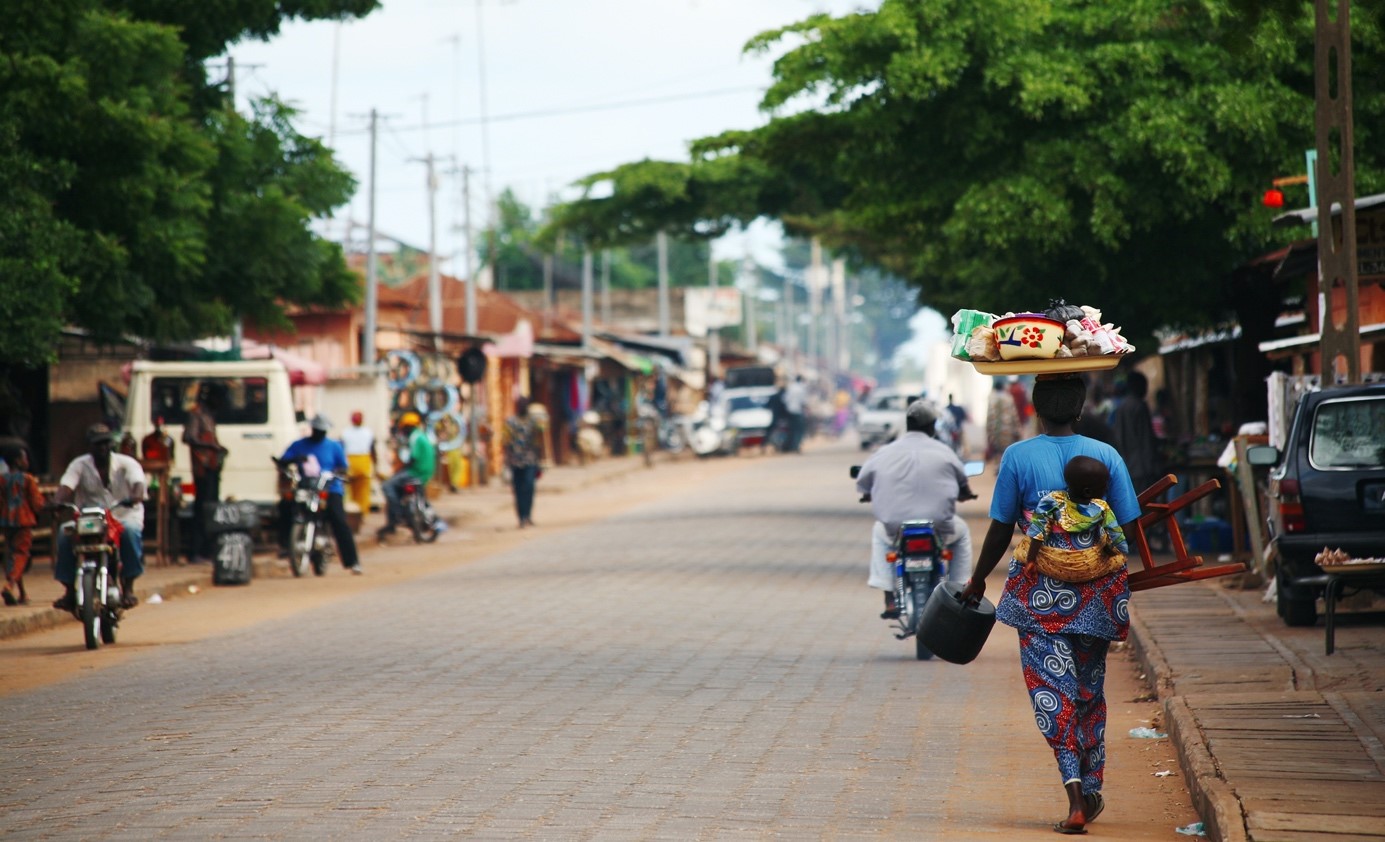Digital skills
It is clear that rapid population growth and the increasing access to digital technology offers strong opportunities for both African citizens and businesses. While digital maturity is developing, there are questions that remain, particularly surrounding digital literacy. This is a fundamental factor for the success of a smart city that must be addressed for African cities to embrace digital transformation in a positive way. A smart city cannot progress without its citizens. Because the digital ecosystem in African cities is comparatively weakly structured, digital transformation should also bear in mind how changes can be made at the systems-level, as opposed to the introduction of isolated services that use digital technology.

In addition to geographic, socio-cultural and economic inequalities that lead to restricted access to digital technology, the degree to which digital skills are distributed across African cities act as another source of inequality. Often these digital skills involve the ability to interact with online content. Cross-national survey data suggests that “relevance” – such as the presence of applications in the primary language of an individual – is the key factor in the uptake of digital technology25.
Each city has linguistic peculiarities that reflect the number of dialects present across the country. This can directly reflect digital inequalities if content is available only in the official language. Cities in the ASToN network have several official and unofficial languages in their midst, for example Kampala, Uganda has official languages (English and Swahili) and dialects of Bantu, Nilotic, Central Sudanic and Kuliak languages; Kigali, Rwanda has 4 official languages (Kinyarwanda, English, French and Swahili) and Maputo, Mozambique has Portugese as its official language with numerous dialects and Bantu languages alongside.
In Kampala, the Municipality launched an “e-cities” programme in 2014 to improve the efficiency of tax revenue collection. In addition to the use of a simple digital tool to improve tax collection, this system written in English has also been supplemented by ad hoc payment modalities such as counters, banks, m-banking and points of sale to make it easier for residents to appropriate this digital tool.
“The smart city is not a tech-stack of smart services;
it is so much more and without digitally literate citizens,
it is nothing.
The relevance of content also reflects other types of inequalities, such as that felt by women around the world26. The gender gap between internet users in Africa, for example, sits at is 33% and is still growing27. Other factors influencing mobile internet use in particular for women are affordability, literacy and digital skills, as well as safety and security concerns28.
“Local authorities must be aware that developing digital solutions may continue to under-favour individuals and groups who are limited by their access to digital technology and level of digital literacy.
While digital technology can therefore generate or accentuate existing inequalities, individuals can benefit from digital technology without personal access to it. For example, without owning a mobile phone or com- puter, communities can benefit from increased efficiencies of public services and better functioning of a local authority that has developed digital solutions29. Here, there is a significant potential for frugal innovation and the alliance of low tech and high tech for Africa is a world champion in the field.
The challenge in meeting gaps in access to and skills required to engage with digital technology is, therefore, to develop and structure digital mediation networks, to favour omni-channel solutions in citizen relations applications, and to encourage reusing digital equipment.
25. Bello-Schünemann, J. & Aucoin, C. (2016). “African Urban Futures”. Institute for Security Studies. Retrieved from: https://issafrica.s3.ama- zonaws.com/site/uploads/af20.pdf
26. World Bank, (2018) Digital Jobs for Youth: Young Women in the Digital Economy. Retrieved from: http://documents.worldbank.org/curated/ en/503651536154914951/pdf/129757-S4YE-Digital-Jobs-Report.pdf
27. ITU, (2020) Facts and figures 2019. Measuring digital development. Retrieved: https://itu.foleon.com/itu/measuring-digital-development/ home/
28. GSMA, (2019). The Mobile Gender Gap Report 2019. Retrieved from: https://www.gsma.com/mobilefordevelopment/wp-content/ uploads/2019/03/GSMA-Connected-Women-The-Mobile-Gender-Gap-Report-2019.pdf
29. World Bank, (2016) Digital Dividends. Retrieved from: http://documents.worldbank.org/curated/en/896971468194972881/ pdf/102725-PUB-Replacement-PUBLIC.pdf


